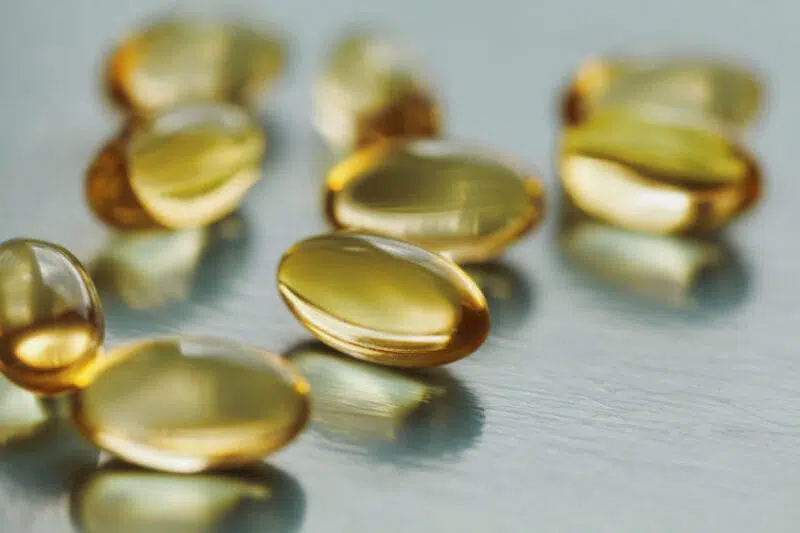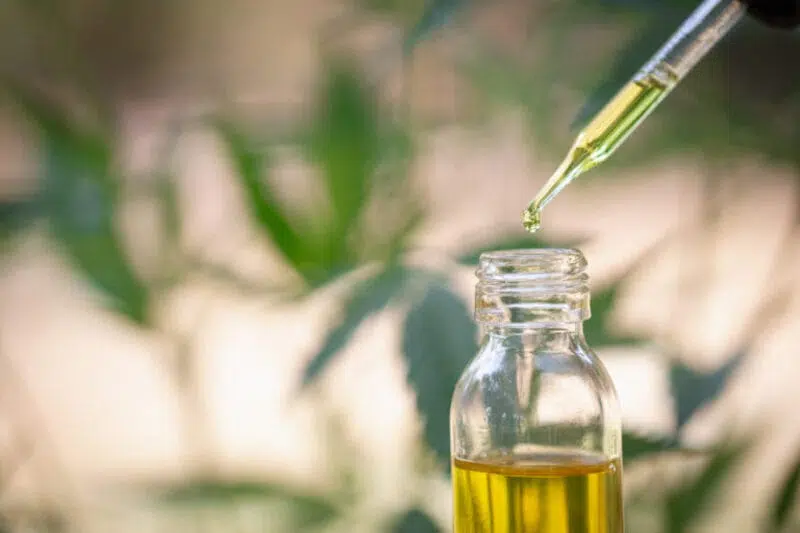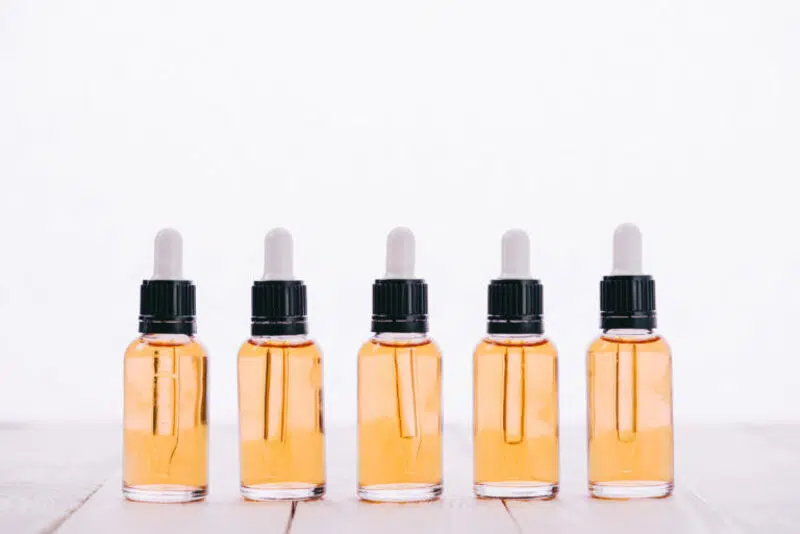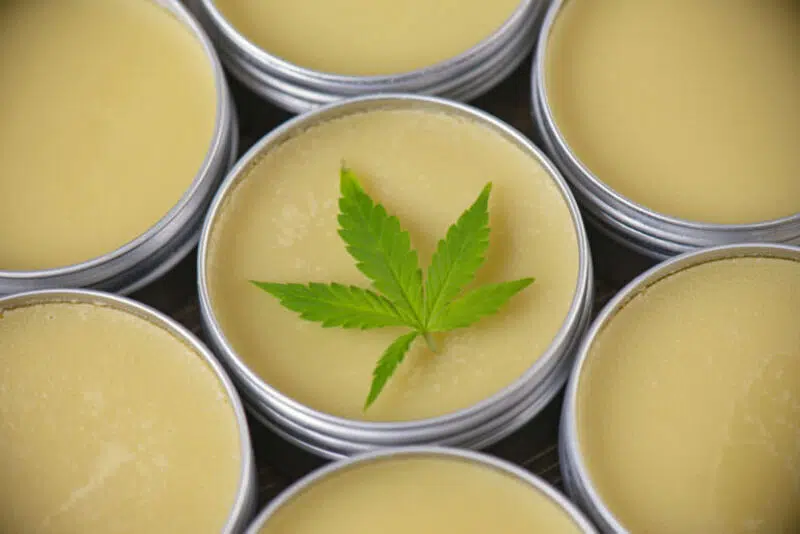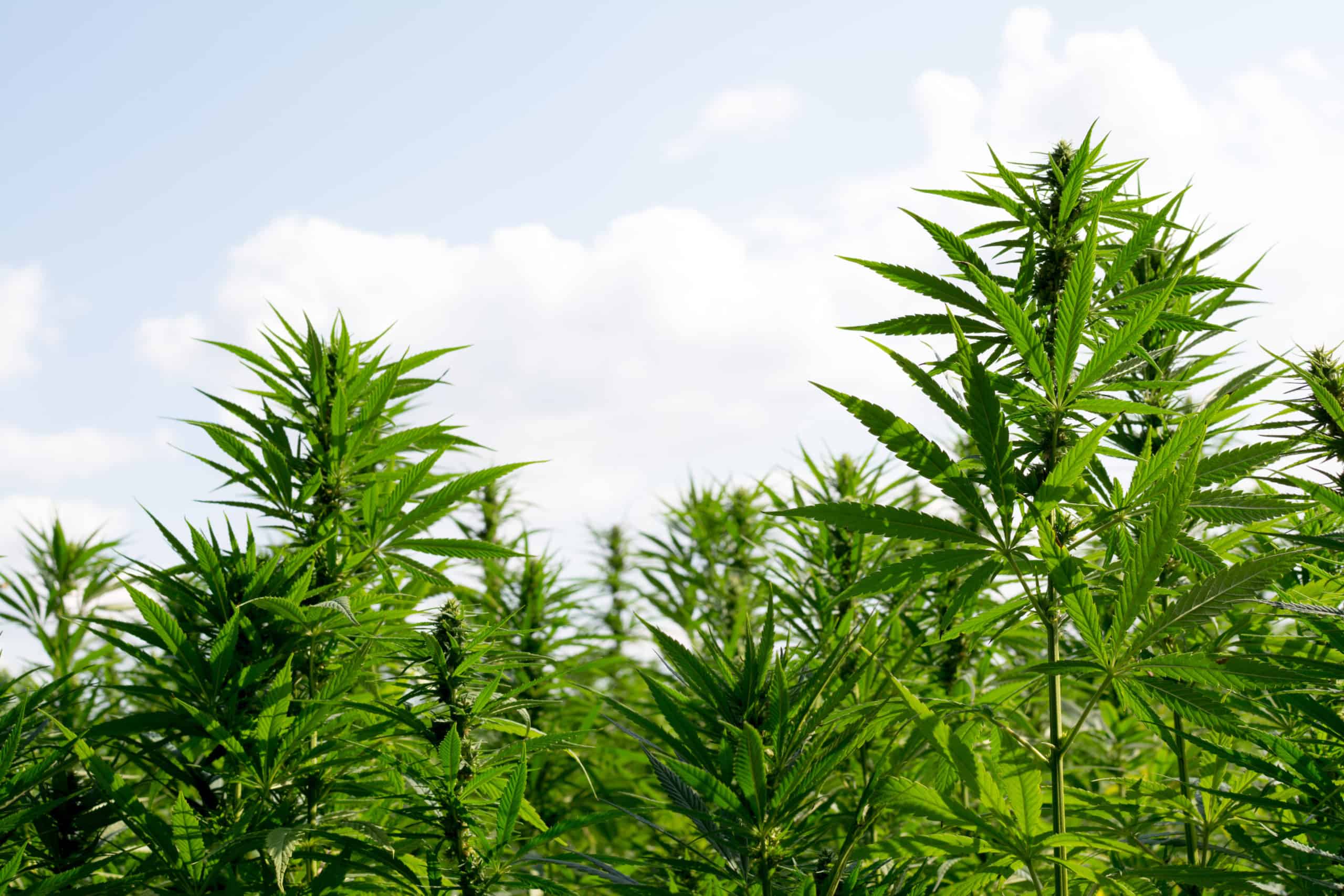-
- Market Research
- |
- CBD Near Me
- |
- Giveaways
- |
- Newsletter
- |
- Contact
- |
- Advertise
- |
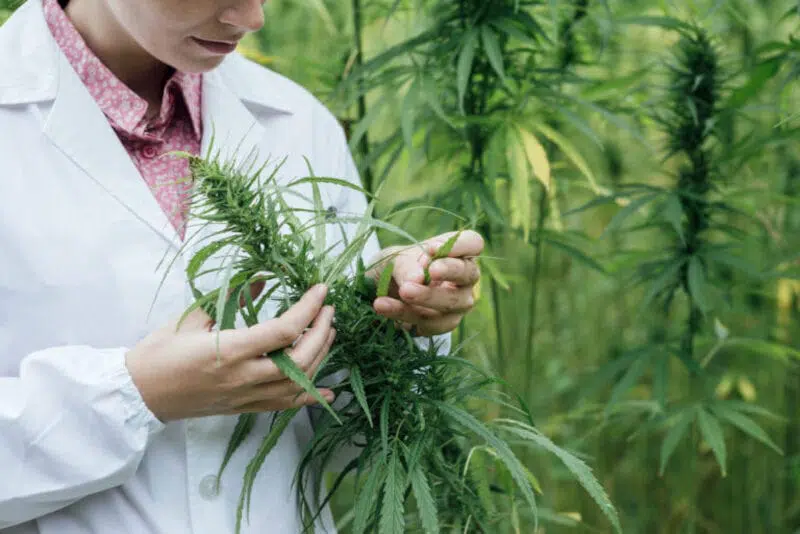
Table of Contents
Here is the biggest CBD news from this week:
- A clinical trial has found that CBD can reduce cravings and anxiety in recovering heroin abusers
- The payment processing service Square has launched a pilot program for CBD businesses
- The NFL and the NFL Players Association are creating a committee to study the use of cannabis by players for pain
- The UFC and Aurora Cannabis are partnering to research CBD for athletes
- A new study projects the CBD market may reach $20 billion by 2024
Table of Contents
- Clinical Trial Finds CBD Reduces Cravings, Anxiety in Recovering Heroin Abusers
- Square Launches Pilot Program for CBD Businesses
- Professional Sports Leagues Starting Research on Cannabis
- New Study Projects CBD Market Could Reach $20 Billion by 2024
Clinical Trial Finds CBD Reduces Cravings, Anxiety in Recovering Heroin Abusers
A clinical trial published in the American Journal of Psychiatry has found that CBD can reduce cravings and anxiety in those recovering from heroin addiction.
The double-blind, randomized, controlled study was conducted by researchers from Mount Sinai Hospital in New York.
Forty-two participants, who were off heroin for at least one week, took a placebo, 400 mg of CBD, or 800 mg of CBD once daily for three days.
Researchers assessed the immediate (1, 2, and 24 hours after use), short-term (3 days), and long-term (7 days) effects of CBD on the participants.
Specifically, the researchers measured heart rate, blood pressure, and cortisol levels.
Participants who took CBD had reduced cravings and anxiety when exposed to drug-related cues, such as videos of drug paraphernalia.
During the assessments, cortisol (a stress hormone) levels and heart rate were significantly lower with CBD compared to placebo.
“CBD also showed significant protracted effects on these measures 7 days after the final short-term (3-day) CBD exposure,” states the study’s abstract.
These results give hope for a possible treatment for those recovering from drug addiction, especially with opioids like heroin.
“To address the critical need for new treatment options for the millions of people and families who are being devastated by this epidemic, we initiated a study to assess the potential of a nonintoxicating cannabinoid on craving and anxiety in heroin-addicted individuals,” said Yasmin Hurd, the study’s author and director of the Addiction Institute at the Icahn School of Medicine at Mount Sinai.
“The specific effects of CBD on cue-induced drug craving and anxiety are particularly important in the development of addiction therapeutics because environmental cues are one of the strongest triggers for relapse and continued drug use.”
Several studies have looked at CBD’s potential for treating substance abuse, including alcohol, opioids, meth, and others.
In most of these studies, researchers have found CBD to produce positive results.
More clinical trials such as this one conducted by the Mount Sinai researchers are needed to further confirm the findings.
Square Launches Pilot Program for CBD Businesses
Square, a payment processing service, is launching an invite-only beta program for CBD businesses at a time when companies in the industry are having trouble obtaining financial services.
The move comes as Elavon, a US Bank subsidiary, announced to CBD businesses that it would close their merchant accounts by May 15.
Representative Andy Barr (R-KY) spoke to federal financial regulators during a hearing last week about the issue.
“I’ve had constituent businesses tell me that their access to financial products, specifically card services, have actually deteriorated since we descheduled industrial hemp in the Farm Bill,” Barr said. “This obviously conflicts with congressional intent.”
Rep. Barr called for these regulators to issue further guidance to financial institutions that CBD and hemp should be allowed access to bank and card providers.
Banking and financial services have become a prevalent issue recently, especially due to the SAFE Banking Act that was passed by a House committee in March.
The proposal would protect financial institutions from federal penalties if they work with marijuana-related businesses.
Professional Sports Leagues Starting Research on Cannabis
Two professional sports leagues are getting ready for research into cannabis.
NFL and NFLPA Create Committee for Cannabis Research
The NFL is taking a big step toward potentially allowing players to use cannabis for recovery.
On Monday, the NFL and the NFL Players Association (NFLPA) announced that one of two committees they were forming would study the effects of cannabis for pain.
“I think it’s a proud day for the NFL and the NFLPA to come together on these issues in a very public way,” the NFL’s chief medical officer Allen Stills said in a phone interview with The Washington Post. “I think it demonstrates the spirit of cooperation we have around our health and safety issues.”
Cannabis is a banned substance in the NFL, and the league suspends players for using it.
Most recently, Cowboys defensive lineman David Irving was suspended for marijuana use on March 1 of this year.
Irving decided to quit playing until the NFL’s marijuana policies change.
Several NFL players have advocated for the use of cannabis by players, including Jake Plummer, Eugene Monroe, and Derrick Morgan.
Many players use opioids to deal with pain, and in light of the opioid epidemic in America, the NFLPA filed a grievance accusing the league of endangering player health by teams recklessly using opioids to treat players’ pain.
Existing research supports the idea that cannabis can replace opioids for pain relief without such adverse side effects.
The NFL and NFLPA will renegotiate the collective bargaining agreement next year, and cannabis reform is likely to be a crucial issue, adding another level of importance and a timeline for the committee to present its findings.
UFC and Aurora Cannabis to Conduct Research on CBD for Athletes
The UFC and Aurora Cannabis, a Canadian cannabis company, have struck a multi-year, multi-million dollar deal to conduct CBD research on the cannabinoid’s effects for athletes.
“This global partnership places focus squarely on the health and well-being of UFC’s talented and highly trained athletes,” Aurora CEO Terry Booth said in a press release.
“The Aurora-UFC research partnership creates a global platform to launch targeted educational and awareness campaigns, while creating numerous opportunities to accelerate our global CBD business.”
Studies will focus on pain management, inflammation, injury, exercise recovery, and mental health.
The research will be conducted at the UFC’s Performance Institute in Las Vegas, Nevada, and will be led by Dr. Jason Dyck, a professor at the University of Alberta and a Canada Research Chair in molecular medicine.
“Since the day we opened the Performance Institute, our primary goal was to offer UFC athletes the best possible training, nutrition, and recovery services,” UFC President Dana White said in the press release.
“This partnership with Aurora is an extension of that goal, and we’re looking forward to collaborating with Aurora to find new ways to improve the health and safety of athletes who compete in UFC.”
CBD is not unfamiliar territory for the UFC.
Nate Diaz, one of the most well-recognized UFC fighters, has publicly stated that he uses CBD after fights to help with recovery.
New Study Projects CBD Market Could Reach $20 Billion by 2024
A new study conducted by BDS Analytics and Arcview Market Research, cannabis market researchers, projects the US CBD market could reach $20 billion by 2024.
The most recent projection previous to this study was provided by Cowen & Co, who predicted $15 billion by 2025.
According to the vice president of consumer insights at BDS Analytics, Jessica Lukas, forecasting the size of the market was difficult since many of the products sold in the market are in unmarked distribution channels.
The study believes the majority of CBD sales will eventually come from general retail stores.
Currently, dispensaries and e-commerce make up the majority of these sales.
By 2024, BDS predicts a compound annual growth rate of 49% across all distribution channels.
One finding from the study said that CBD product sales in dispensaries have grown at a faster rate than overall dispensary sales.
“We had to look at the landscape today, and then assess and predict where the market will go,” she said. “THC and CBD are very different with different functionality. Product forms that make sense and are very successful for THC do not necessarily transfer to CBD,” said Lukas.
“Additionally, we had to strongly consider the interaction between the general market channels and the dispensary channel in assessing whether or not the availability of CBD products in the general market is incremental to purchases in dispensaries, will replace dispensary purchases, and/or will drive greater penetration and acceptance of legal cannabis.”
The study also found that the average CBD consumer is 40 years old, highly educated, and more likely to have a full-time job than those who do not consumer CBD.


